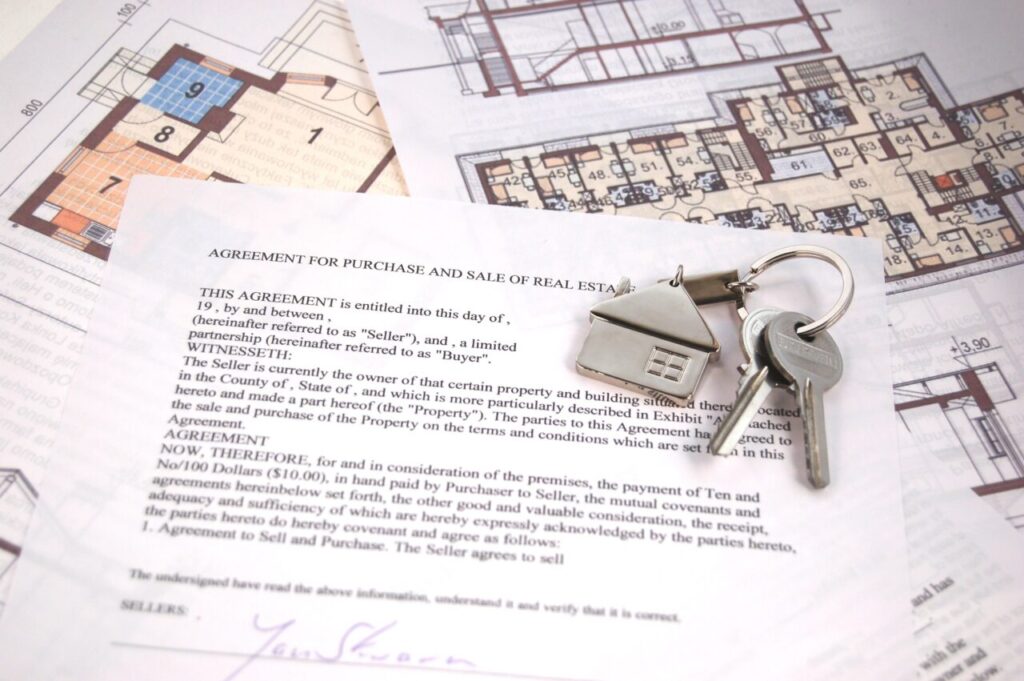SHOW NOTES:
In today’s episode, John and Beth talk about how to manage home improvements. We talk about the culture’s obsession with home improvements and discuss some of the most common problems that homeowners face with home improvement projects. John and Beth talk about budgets, hiring contractors, and how to make a plan for your home projects. At the end of the episode, we share several easy and important action items that will help be more successful with home improvement projects.
IN THIS EPISODE:
● [01:27] Why do people love home improvement projects?
● [6:24] New home builders
● [07:19] Projects that add value to the home
● [09:23] Home improvement problems
● [14:67] DIY vs hiring a contractor
● [18:54] How to hire a contractor and manage your budget
● [22:09] Action Step: Make a plan
● [24:08] Action Step: Create your budget
● [27:05] Action Step: How to hire a contractor
● [28:31] Action Step: Track costs during the project
● [22:50] Close out Phase
KEY TAKEAWAYS:
● Home improvement can pertain to lifestyle aspects to fit a family’s needs or structural aspects like new windows, roof, plumbing, etc.
● Bathroom and kitchen remodels are “money rooms.” They do add value to your home, but they also are very expensive.
● There are small projects that cost little but add value to your home. Like a new front door, painting your front door, making small modifications to your front porch etc.
● When choosing between DIY or hiring a contract it boils down to safety, skills, and time.
● Home improvements add value to your home, but you have to consider your neighborhood and surrounding homes. You don’t want to add so much value that you price yourself out of the market which could make it harder for your home to sell.
● Your contractor does not own your budget. You own your budget.
● Before starting a project, plan for what home improvements you want to do and prioritize them.
● Before hiring a contractor, get multiple quotes from multiple contractors. Don’t forget to check references and licenses.
● Track budget and costs during the project to maintain your budget and the project scope. Also take before and after photos to keep track of the changes.
● The closeout phase includes filing new warranties, checking with your accountant to see how new improvements impact your taxes, and lastly, updating your home insurance.
LINKS MENTIONED:
www.beasmarterhomeowner.com
www.homezada.com



